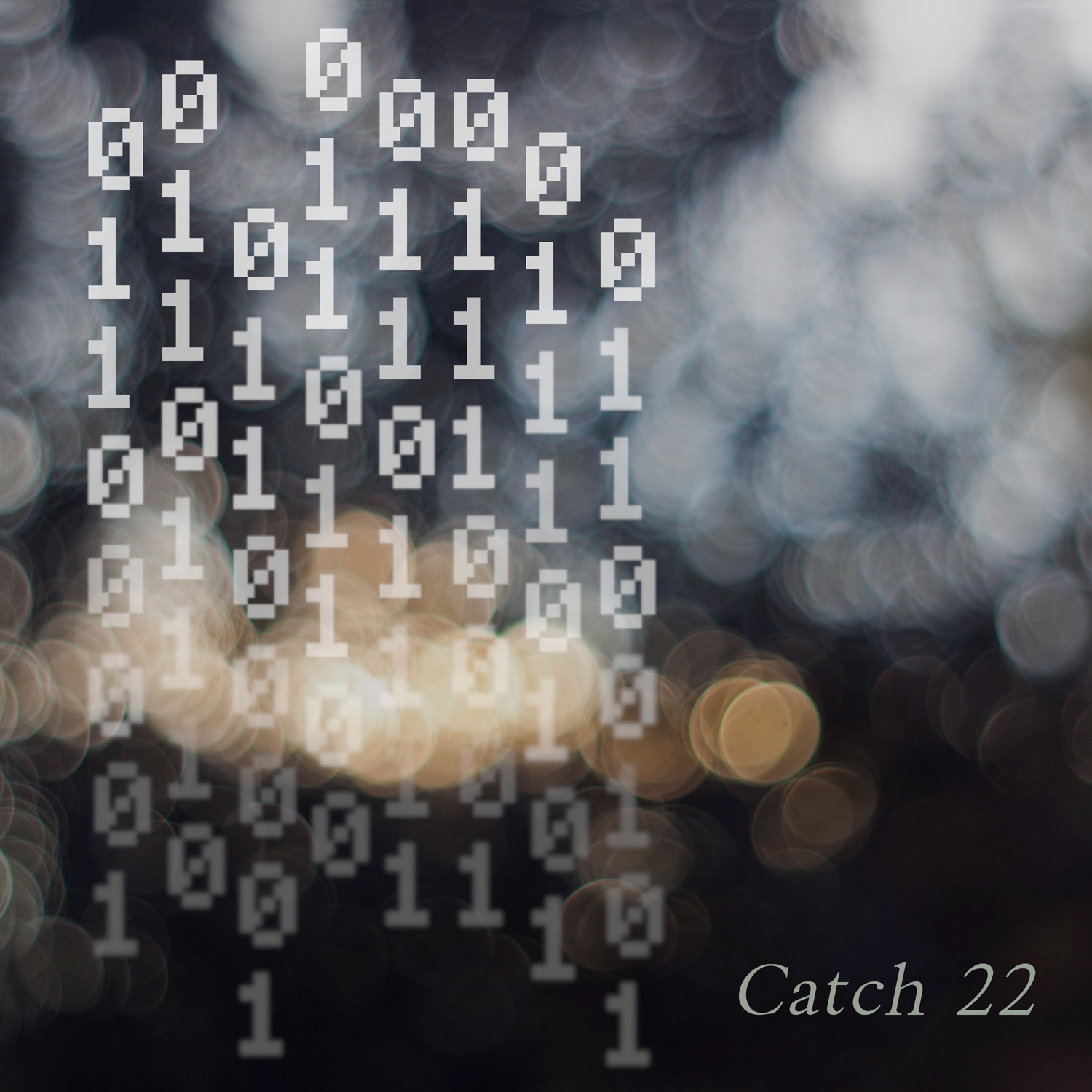Spotify | Apple Music | Bandcamp
Mike König – vocals, guitar, bass vi, beat programming, sampling
Michael Rautenberg – guitar, synthesizer
Ulrike Erlach – bass, synthesizer
Stefan Weiß – drums
recorded at “Helicopter Tonstudio” by Edgar M. Röthig
mixed at the “13th room studios” Dresden by Mike König
mastering by Marco Sebastian Christ
all songs written by analoque
all words by Mike König
voicesample in “solo for machine” taken from the farewell address (1961) of Dwight D. Eisenhower
cover artwork by Falk Enderlein
cover pic by Karolina Grabowska / kaboompics
No less than 17 years have passed since analoque’s great acoustic reminiscence of the future “for tomorrow” and with it the band’s last album release. Time flies like an arrow – that applies not least to musicians like those from analoque, who would not be able to survive without music, but who treat it as “just” the most important secondary thing in the world.
God knows the band hasn’t been idle during this time – changing line-ups around the creative constants Mike König and Michael Rautenberg, a lot of time spent together in the rehearsal room, different side projects (including the fantastic Joy Division tribute “Here Come The Young Men”!) and regular performances ensured that analoque always remained musically present.
For studio work and especially for the sometimes time-consuming “post production” was – despite numerous songs and demo recordings that were made during that time – apparently not enough time. Significantly, the recordings on the now released “Catch 22” date back to early 2020.
However, that didn’t make the “new” record sound too dated or even outdated. analoque maintain a style that cannot necessarily be described as timeless (for it the music is too clearly rooted in Post Punk and Dark Wave of the 80s and 90s). However, they understand it perfectly, to incorporate contemporary elements into the arrangements and thus keep their music firmly in the here and now to anchor. And (without wanting to appear presumptuous) they stand not just in terms of style in the tradition of obvious references like The Cure or Radiohead. Bands that always remained true to themselves musically without stopping in their choice of means.
Over the last few years (even if that seems to contradict the band name), digital and synthetic elements increasingly found its way into analoque’s music, but without degenerating purely to an end in themselves. Whether spherical surfaces like in “Goodbye?” or a rhythmic corset like in “Solo-for-machine” – the digital sounds are not just gimmicky, they always fulfill a clear function in service of the songs and usually interweave organically with the “analog” components of the pieces. The music itself is a bit more monotonous than on the last record because the songs are less arranged in form of the classic verse-chorus scheme. The fact that “Catch 22” doesn’t get boring is due to the varied sound consisting of electronic elements, samples and numerous guitar lines, which are interlocked in many layers and safely walk the sometimes fine line between complex texture and annoying jingle.
The content-related topics that analoque addresses are also contemporary (and downright frighteningly current). What “Catch 22” is about – war and peace, dying and becoming, feeling and mind, me, it and them and the others (or the others in me). This may seem trivial and cliché, but when placed next to each other and processed with varying degrees of resolution, it becomes clear that the band is at least not primarily concerned with the didactic denunciation of grievances, but rather with the almost philosophical insight, that human existence fundamentally is a collection of irreconcilable contradictions and self-fulfilling prophecies. Catch 22 across the board, so to speak. Whether on personal level like in “Shellshock”, with a psychoanalytic touch like in “Goodbye?” and “Small” or as a fundamental social criticism with the voice of Eisenhower in “Solo-for-machine” – at the end (or beginning?) there is always a massive dilemma, a dilemma, an insoluble vicious circle.
The fact that this insight does not necessarily have to cause depression, but can have a liberating effect (once recognized) is demonstrated by analoque with their music, which is dark but not at all resigned. This becomes clear not least in the morbid but much more optimistic alternative title of the record, which the band had considered until shortly before its release: A tree grew from the guts!.
(text: Thomas Weiß, translated from German)
.

